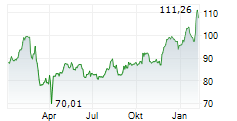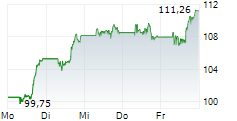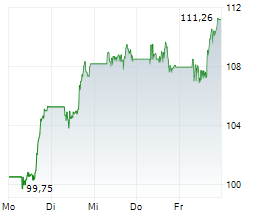Walmart's stock has experienced significant pressure following Donald Trump's announcement of extensive tariff increases, ranging from 10% to nearly 50%. The world's largest retailer saw its shares drop to €78.65 on Thursday, representing a decrease of €4.06. This decline stems directly from concerns about how the new trade reality will impact Walmart's business model, which heavily relies on imported goods. The company now faces a dual challenge: absorbing higher procurement costs for imported products while potentially seeing reduced consumer demand if prices increase. Unlike luxury brands that can more easily pass costs to affluent customers, Walmart serves price-sensitive shoppers who may reduce purchases when faced with higher prices, placing the retailer in a particularly vulnerable position.
Investment Strategy Under Pressure
Sollten Anleger sofort verkaufen? Oder lohnt sich doch der Einstieg bei Walmart?
Industry analysts express concern that Walmart may need to postpone planned investments in supply chains and product development due to the uncertain trade environment. The retailer's procurement strategy faces additional complications as Trump's tariffs target not only Chinese goods but also imports from alternative manufacturing locations like Vietnam (46%) and Cambodia (49%) - countries many retailers had shifted production to in order to circumvent previous trade restrictions. Experts predict companies will respond primarily through price increases, passing costs to consumers where possible, which could further fuel inflation across thousands of everyday products from electronics to groceries. This situation may ultimately lead to economic slowdown if businesses continue to adopt a cautious approach to spending and investment.
Ad
Walmart Stock: New Analysis - 03 AprilFresh Walmart information released. What's the impact for investors? Our latest independent report examines recent figures and market trends.
Read our updated Walmart analysis...



